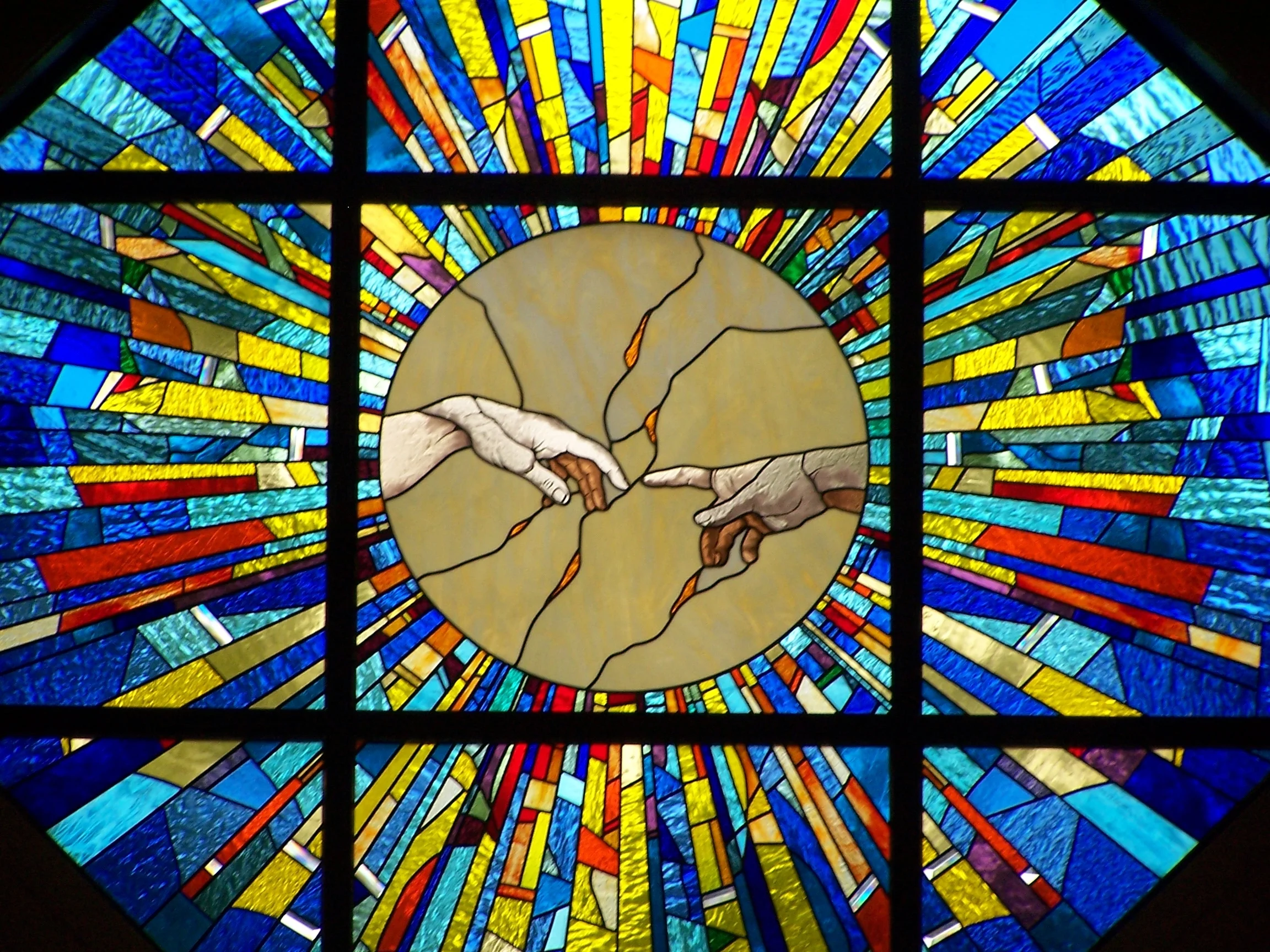As the Lord enters the desert to fast and pray, he invites us to journey with him. This Lent, may we travel to the desert of our souls and find him there, waiting to forgive us, embrace us, and renew us!
SEPTEMBER 8, 2024
The 23rd Sunday in Ordinary Time
ANTIPHONS, PSALMS, AND HYMNS


